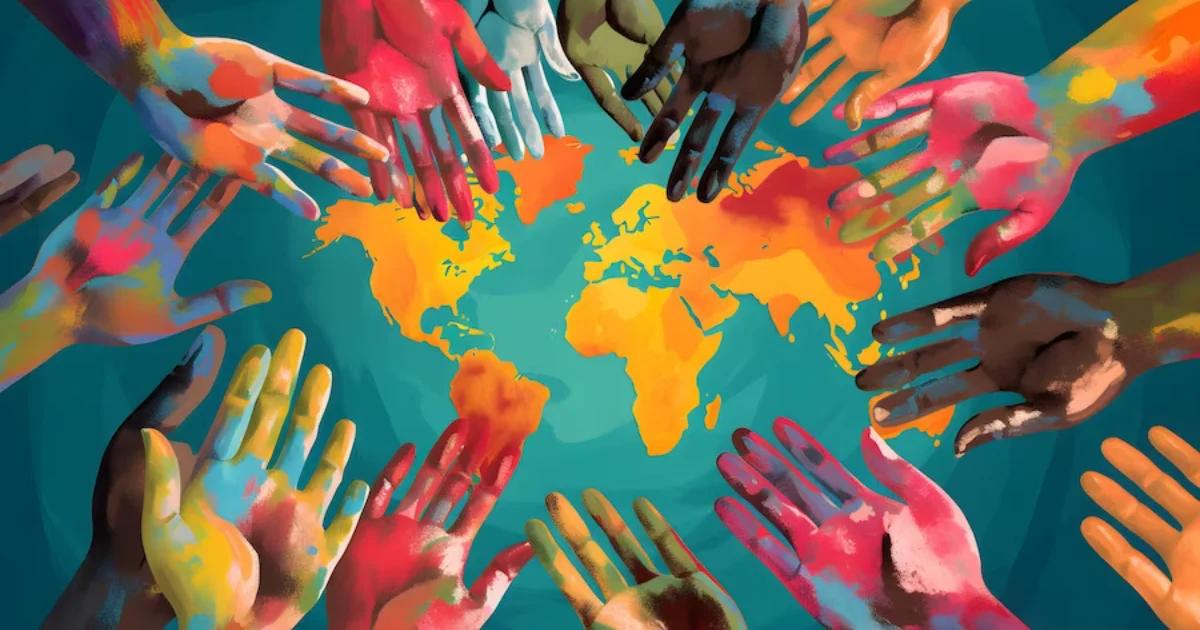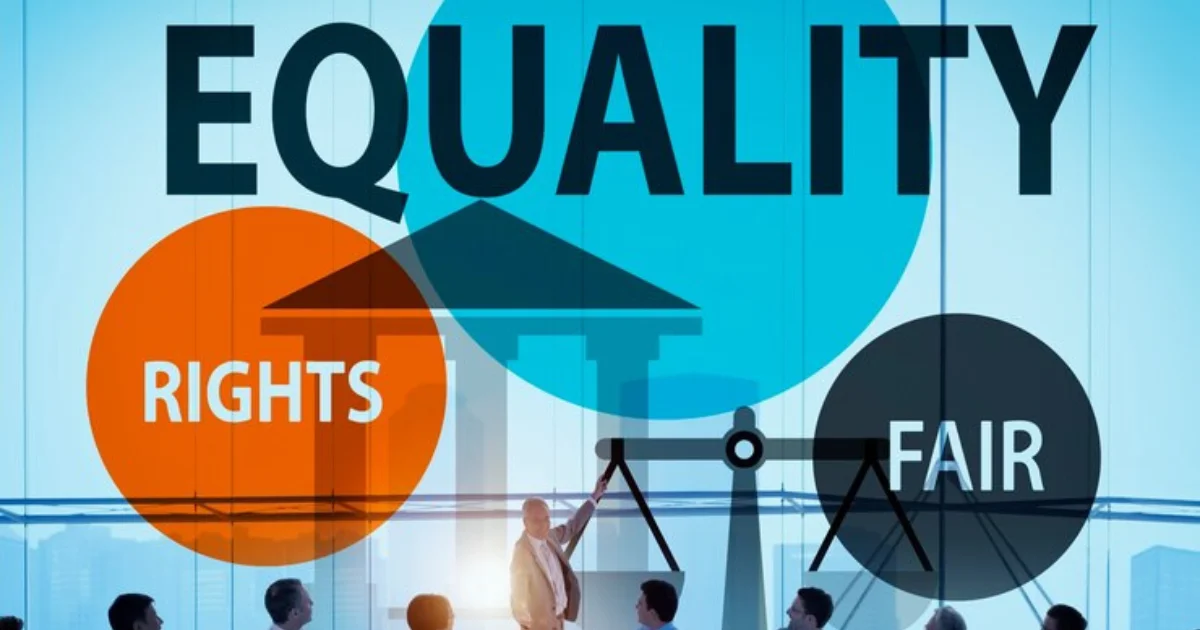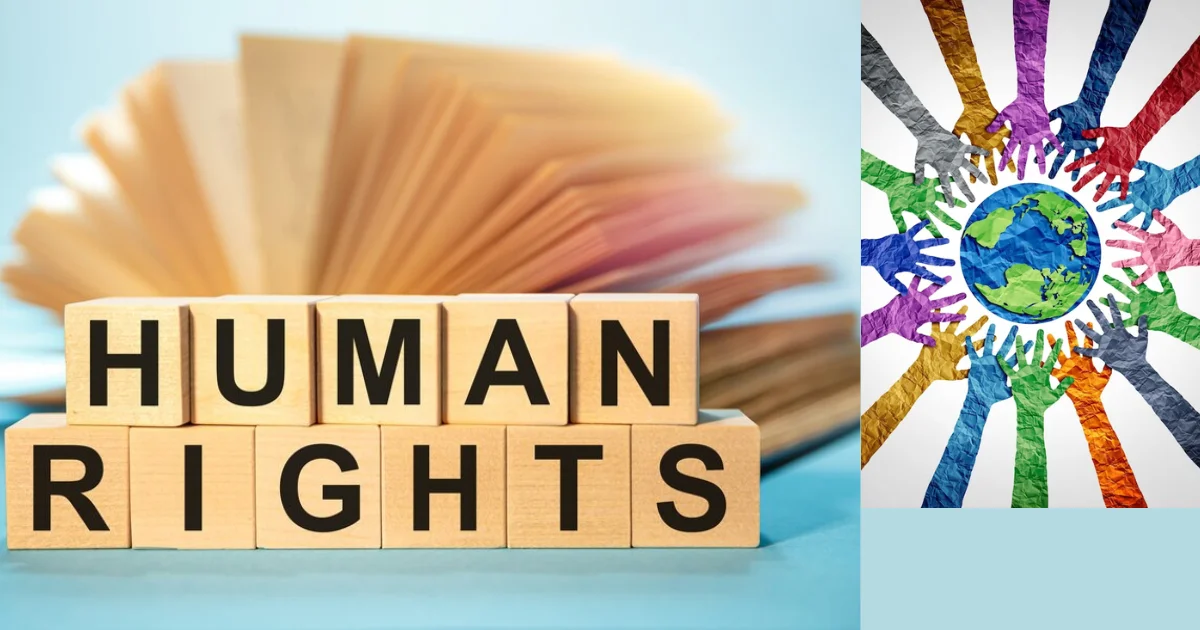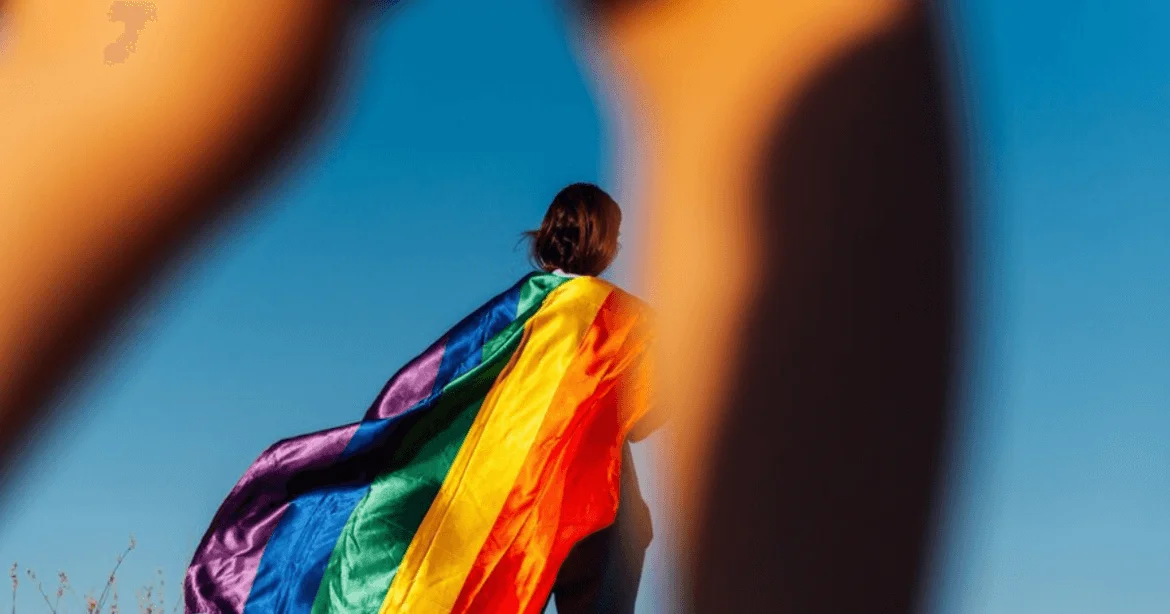Introduction
In a world filled with countless legal issues and social injustices, the role of a human rights lawyer is more crucial than ever. These legal professionals are the champions of justice, tirelessly advocating for the protection and promotion of human rights. In this article, we will delve into the essential aspects of being a human rights lawyer, from their responsibilities to the impact they make on society. Let’s explore this noble profession step by step.
Who is a Human Rights Lawyer?
A human rights lawyer is a legal expert who specializes in cases involving human rights violations. They work tirelessly to defend and uphold the fundamental rights and freedoms of individuals and groups, often in the face of adversity and oppression.
The Educational Journey
Becoming a human rights lawyer is a noble pursuit that demands a rigorous and comprehensive educational path. Here’s a closer look at the steps involved:
1. Undergraduate Degree
The journey typically begins with earning an undergraduate degree in a related field. While there is no specific undergraduate major required to become a lawyer, many aspiring human rights lawyers choose to study subjects such as:
– Political Science: This field provides a solid foundation in understanding government structures, policies, and international relations, all of which are crucial in human rights law.
– International Relations: Studying international relations equips students with knowledge of global issues and diplomacy, which are highly relevant in human rights work.
– Social Sciences: Degrees in sociology, anthropology, or psychology can provide valuable insights into human behavior and social dynamics, essential for understanding human rights violations.
– Pre-Law or Legal Studies: Some universities offer pre-law programs or legal studies majors designed to prepare students for law school.
2. Law School
After completing their undergraduate studies, aspiring human rights lawyers must attend law school. This is where they receive the legal education necessary to practice law. The path to law school typically includes:
– LSAT (Law School Admission Test): Prospective law students must take the LSAT, a standardized test that assesses critical thinking, reading comprehension, and logical reasoning skills. High LSAT scores are essential for admission to top law schools.
– Juris Doctor (JD) Degree: Law school generally lasts three years for a full-time program. During this time, students study a wide range of legal subjects, including constitutional law, criminal law, and contracts. To specialize in human rights law, students may choose relevant elective courses.
– Clinics and Internships: Many law schools offer clinics or internships in human rights law. These opportunities provide hands-on experience and a chance to work on real cases.
3. Specialization in Human Rights Law
While in law school, aspiring human rights lawyers can take steps to specialize in this field:
– Choose Relevant Courses: Law schools often offer courses in human rights law, international law, and related subjects. Taking these courses can provide a strong foundation in the field.
– Participate in Human Rights Organizations: Joining student groups or organizations focused on human rights issues can offer networking opportunities and valuable insights.
– Internships: Seek internships with organizations that focus on human rights, both domestically and internationally. These experiences can help build a strong resume in the field.
4. Bar Exam and Licensure
After graduating from law school, individuals must pass the bar exam in their jurisdiction to become licensed attorneys. The bar exam tests their knowledge of legal principles and their ability to apply them. Once licensed, they can practice law in their respective states or countries.
5. Continued Learning and Professional Development
Becoming a human rights lawyer is not the end of the educational journey. It’s a lifelong commitment to learning and advocating for justice. Lawyers often attend conferences, seminars, and workshops to stay updated on human rights issues and legal developments.
In conclusion, the educational journey to become a human rights lawyer is a challenging but rewarding path. It requires dedication, a strong educational foundation, and a passion for justice. However, the opportunity to make a positive impact on society and champion the rights of individuals and communities is a powerful motivator for those who choose this noble profession.
The Responsibilities of a Human Rights Lawyer

Human rights lawyers take on a multitude of responsibilities to ensure justice prevails:
1. Legal Representation
One of the primary roles of a human rights lawyer is to provide legal representation to victims of human rights abuses. They advocate for their clients in court, seeking justice and compensation for the harm inflicted upon them.
2. Raising Awareness
Human rights lawyers often engage in advocacy and awareness campaigns to shed light on prevalent issues. They use their legal expertise to inform the public and bring attention to injustices.
3. Investigating Violations
These lawyers conduct thorough investigations into human rights violations. They gather evidence, interview witnesses, and build cases against those responsible for the abuses.
4. International Advocacy
Human rights lawyers frequently collaborate with international organizations to address cross-border human rights issues. They participate in global discussions and advocate for policy changes.
The Impact of Human Rights Lawyers
The work of human rights lawyers has a profound impact on society:
1. Legal Precedents
Their cases often set legal precedents that shape future decisions and interpretations of human rights laws.
2. Accountability
Human rights lawyers hold individuals, organizations, and governments accountable for their actions, ensuring that perpetrators face consequences for their violations.
3. Social Change
Through their advocacy and legal battles, these lawyers contribute to broader social change, challenging discriminatory laws and practices.
Challenges Faced by Human Rights Lawyers
Being a human rights lawyer is not without its challenges:
1. Threats and Harassment
Many lawyers face threats and harassment, especially in regions with poor human rights records.
2. Limited Resources
Human rights lawyers often work with limited resources, making their fight for justice an uphill battle.
3. Emotional Toll
The nature of their work can be emotionally draining, as they witness and work to rectify grave injustices.
Conclusion
Human rights lawyers are the unsung heroes of our society, fighting tirelessly to protect the most fundamental rights of individuals and communities. Their work not only changes lives but also contributes to the evolution of a more just and equal world.
FAQs (Frequently Asked Questions)
1. How long does it take to become a human rights lawyer?
The path to becoming a human rights lawyer typically involves several years of education, including a bachelor’s degree and law school, which can take around 7-8 years in total.
2. What are some famous human rights lawyers?
Prominent human rights lawyers include Nelson Mandela, Amal Clooney, and Bryan Stevenson.
3. Can anyone become a human rights lawyer?
While anyone can aspire to become a human rights lawyer, it requires dedication, passion, and a commitment to justice.
4. What organizations hire human rights lawyers?
Human rights lawyers can work for NGOs, international organizations, government agencies, or even set up their own legal practices specializing in human rights cases.
5. How can I support the work of human rights lawyers?
You can support human rights lawyers by staying informed, donating to relevant organizations, and advocating for human rights in your community and globally.






